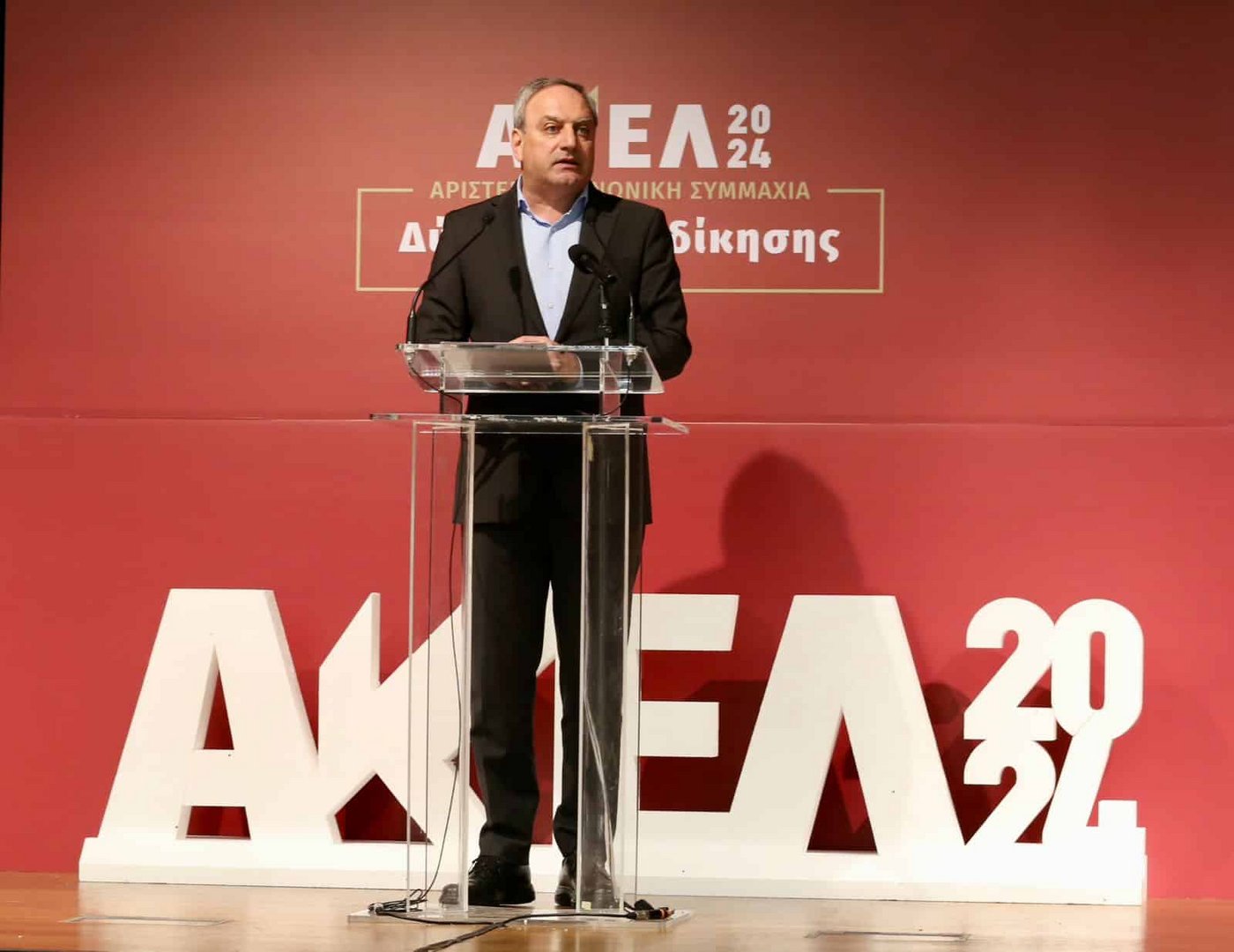The leader of opposition party Akel has asked President Nikos Christodouldes directly to scrap plans for ‘green taxes’ this coming May as it would further burden already struggling people, according to a letter made public on Thursday.
In his letter to the president, Akel boss Stefanos Stefanou reiterated his party’s disagreement with the planned ‘green taxes’ – on motor fuel, water and waste management.
Stefanou points out that the ‘green taxes’ is an undertaking made by the previous administration. It is also unnecessary as there currently exists no mandatory EU directive for such taxes.
The Akel leader therefore proposes canceling the plans and having a rethink.
Regarding a proposed tax on landfills – for which the government has already drafted legislation – Stefanou called for it to be withdrawn.
As long as the ‘Pay as you throw’ scheme is not in force, due to inadequate infrastructures, it would be “unacceptable” to introduce any additional taxes on waste.
The same goes for a planned increase in the price of water.
“The government must take all necessary steps to properly manage water resources, take serious measures against water wasting, and any tax should address water wastage specifically,” Stefanou notes in his missive.
He goes on to argue that, given the squeeze felt by households and businesses alike due to the high cost of living, introducing ‘green taxes’ at this juncture would be a mistake.
“In order for the ‘green transition’ to be fair, it must first and foremost be based on implementing the necessary infrastructures and means relating to transit, electricity production, renewables, sound management of waste and water sources, rather than imposing additional taxes.”
Stefanou’s appeal came a day after he met with the leadership of the Electricity Authority of Cyprus (EAC).
Speaking to the media later, the Akel boss reiterated his proposal to reduce the VAT rate on electricity bills from the current 19 per cent to 9 per cent.
According to a presentation compiled by the University of Cyprus Economics Research Centre, revealed last March, under the baseline scenario the 5 cents per litre on motor fuel will rise to 7 cents in 2025 and to 10 cents in 2026. The green tax will gradually go up to 25 cents a litre by the year 2030.
The carbon levy on production fuels (industry) will come to 11 cents in 2025, and 14 cents in 2026.
The government insists the taxes will be fiscally neutral – the state will give back to people the extra money they’ll be spending.
The ‘green taxes’ are part of the government’s broader tax reform drive.






Click here to change your cookie preferences